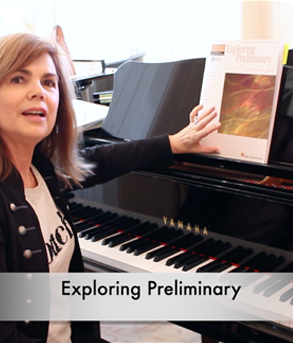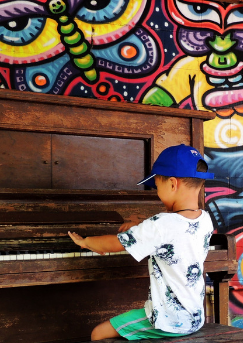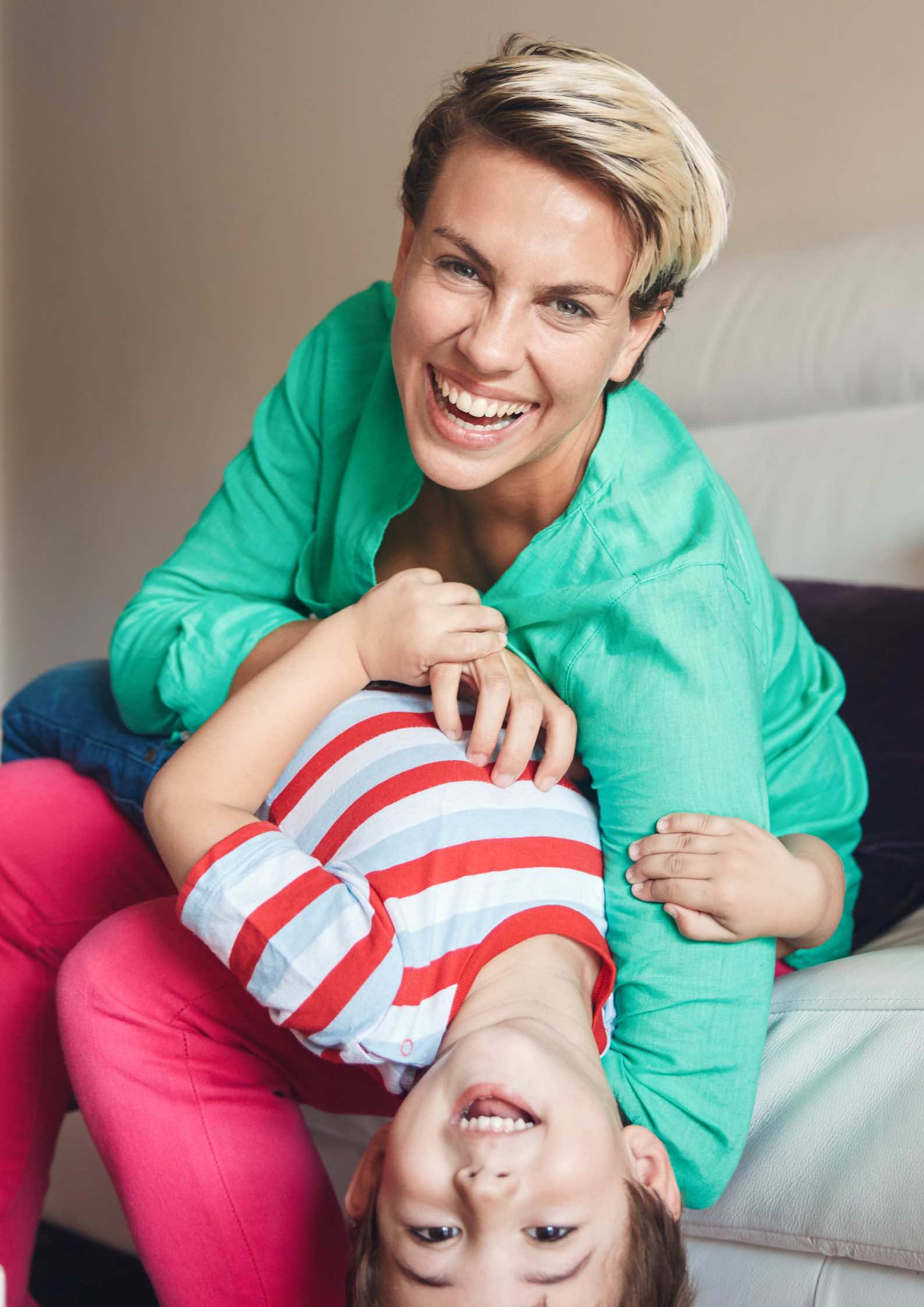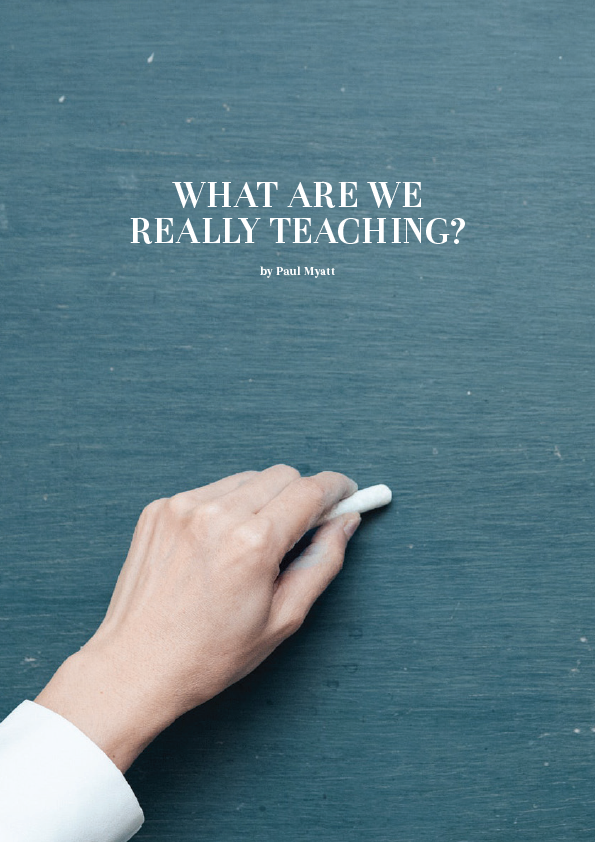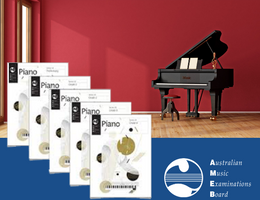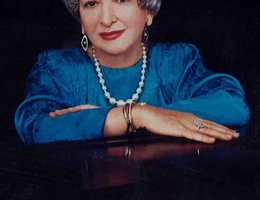
- Dec 10, 2018
- - 0 comment
What are we really teaching?
Presenting the keynote address at the Californian Music Teachers’ Association in 2017, former US Secretary of State Condoleezza Rice said, “Performance is performance; it doesn’t matter whether you’re on a concert stage or in a board room.” Dr Rice was sharing her experiences as both a pianist and leader. Sitting in the audience, I was enthralled by her stories of the joy and challenges she’d had learning the piano growing up and how they impacted on her later in life.
I have taught little kids, like the young Condoleezza, since 1989 and I love watching them grow up and develop as musicians and people. We as teachers, hold an important role in the lives of many children. I regularly ponder, what are we really teaching our students? Of course, we teach them to play the piano, but our students really gain so much more from the experience.
Learning a creative art like the piano has some extraordinary side-benefits. It helps build resilience, self-esteem and helps to develop the courage to take risks. And then there’s the stress relief!
Back in 1989, I started teaching five-year-old Lizzy. When Lizzy was 15, all grown up and preferring to be called Elizabeth, her mum approached me after a lesson saying, “Thank goodness for the piano, because the piano gets it and the rest of family doesn’t.” It turned out that Elizabeth was taking out her teenage frustrations on the piano instead of anyone else. She had gone grade 6 piano and learnt to improvise and play some contemporary pop songs. She was never going to be an exceptional piano player but Elizabeth enjoyed playing and making music for herself. I know she went on to become a doctor but unfortunately I lost touch with the family. I would bet that if Elizabeth has her own kids they’ll be learning music, because she personally experiences its benefits.
Smart kids learn music… with a little help from creative teachers
During the World Economic Forum in 2017, former English teacher Jack Ma, the billionaire founder of tech giant, Alibaba, spoke about the need for learning the creative arts, as it equips children with the thinking processes for new world jobs and employment. Mr Ma said, “We cannot teach our kids to compete with the machines – they are smarter: We have to teach our kids something unique… sports, music, painting, art. Everything we teach should be different from machines.”
Learning to be creative at the piano will help your students even if this creativity is limited to how to play and interpret their next examination piece. Simply exploring and developing skills on the piano will assist your students to develop their own creativity, but there is so much more we can do! We can extend our teaching repertoire and help our students explore by delving into simple creativity exercises, like the ones described in many articles in The Piano Teacher magazine. I wrote a simple Jazz improvisation exercise perfect for Gr 1-3 exam students that you can find in Issue 11. (Find it at thepianoteacher.com.au)
There are many simple ideas to help you engage your students both musically and creatively. Embracing and teaching creativity can be challenging for some teachers. My suggestion is to seek out and participate in as many professional development activities and workshops as possible. Jack Ma said, “A teacher should learn all the time; a teacher should share all the time. Education is a big challenge now – if we do not change the way we teach, 30 years later we will be in trouble.”
Along with creativity, we can also help build resilience. By building resilience in children and helping them take responsibility for their own learning, we prepare them for the future. This needs to happen during the first few years of learning, but it doesn’t happen in a vacuum. As teachers, we only see students for 30-60 minutes a week (if we’re lucky). Parents see their children every day. I like to explain to my students’ parents how important their involvement is in the learning process, especially during the beginning to intermediate (grade 4-5) stages.
Listening to their children play, and creating a culture of celebrating performance in the home, are supportive and productive ways that parents can be involved in a child’s learning. Words of encouragement from parents and grandparents such as “Wow, that sounds great,” or “You’re playing that section really well; I can’t wait to hear the whole piece,” positively reinforce a child’s self-esteem and build confidence. Relatives’ affirmations contribute to building resilient adults.
When I heard Dr Rice speak about performing for her family as a child, it reminded me of my own journey. From a young age, I regularly played for guests that visited the family home. Sometimes my mum encouraged me to tackle a piece that wasn’t quite up to performance standard. She’d say, “Have a go at the piece you’re learning at the moment.” At the time I was terrified, but on reflection I realise how invaluable that gentle nudge from my mum has been in helping me forge my own professional and personal path. The experience of taking on the risk of performance failure makes children aware of effort-equals-rewards, and what is required to perform at a high standard.
In Music in our Lives, an analysis of the results of a 14-year-long study of over 150 children learning music, co-author Gary McPherson wrote that children who were regularly encouraged to perform in the home for family and friends were much more likely to continue learning. Risk and courage go hand in hand. Building the courage to deal with risk starts at home, and learning music is one way to encourage these attributes.
Here are a few ideas that may help you to explain to parents and students the benefits of learning music:
1. Let parents know how they can help at home. Even if it’s just a couple of times per week, it will make a difference if they sit and listen to their child play and encourage them to perform for friends and family whenever possible.
2. Share the parent version of this article.
3. Regularly share the successes of your students (big and small) with their parents through newsletters, Facebook or your website.
While very few of us are likely to teach Australia’s next concert pianist, if you can help a child develop his/her love of music, you might be teaching one of Australia’s next leaders or tech billionaires.
What we are really teaching is so much more than just piano!
Paul Myatt is a Director of Forte School of Music, a highly successful music school network which started in 1994 in Australia which now has over 5,500 students in 17 locations across Australia, the United Kingdom and New Zealand.
He started his teaching career in 1985 and currently teaches over 80 group piano students at Forte School of Music Dee Why in Sydney, with many participating in AMEB & Trinity College grade exams. He is a passionate believer in the benefits of music education and his personal mission in life is to help to educate teachers and students in having fun learning music as well as facilitating life-long music learning.
Paul is an expert in class piano teaching techniques and is a regular workshop presenter around Australia and the US.
 Login
Login



